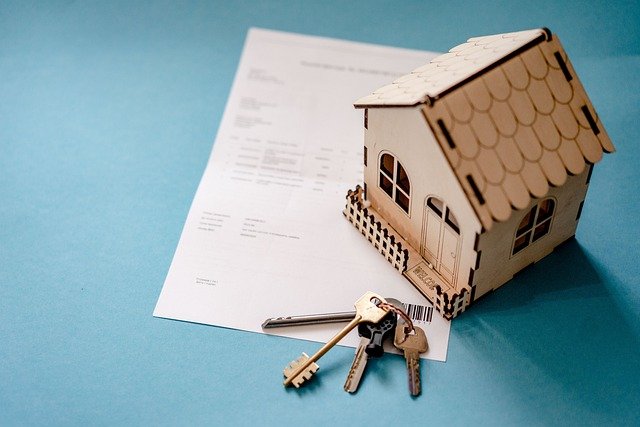Legal checkpoints for international property purchases
Buying property abroad requires careful legal preparation to avoid surprises. International purchases involve differing ownership rules, taxes, registration systems, and local regulations that affect title, development, and future rental or resale. Understanding legal checkpoints early reduces risk and clarifies financing, valuation, and closing requirements in another jurisdiction.

This article outlines practical legal checkpoints for cross-border property purchases. It focuses on the documentation, regulatory checks, and recurring legal issues buyers commonly face when investing in housing or property in a foreign jurisdiction. Each section covers a clear topic — from how property law varies across countries to title and escrow considerations — and suggests procedural steps to reduce legal risk while preserving compliance and investment value.
How does property law vary internationally?
Property regimes differ widely: some countries allow freehold foreign ownership; others limit foreign buyers to leases or require local partners. Legal concepts such as possession, registration, and adverse possession may not match your home country’s rules. Research land registry systems and whether transaction records are public, digitized, or paper-based. Consider restrictions on repatriation of sale proceeds, inheritance laws that affect ownership succession, and whether local practice uses notaries, attorneys, or government offices to validate transfers. Early legal clarity helps structure offers and anticipate timing and cost.
What investment and mortgage checks are needed?
When planning an investment, confirm whether mortgages are available to foreign buyers and on what terms. Lenders abroad may require higher down payments, charge different interest rates, or insist on local income documentation. Check macro-level rules that affect mortgageability, such as restrictions on lending to non-residents, currency risk, or compulsory mortgage registration. Evaluate how loan enforcement and foreclosure laws work locally, since recovery timelines and lender protections vary. Include contingency planning for currency fluctuations and seek lender pre-approval only after a clear legal review.
How are valuation and appraisal handled?
Valuation standards and appraisal practices differ by market and affect financing, taxation, and insurance. Verify whether appraisals follow international standards or local methodologies, and whether independent valuers are accredited. For investment purchases, obtain a current market valuation and a condition appraisal to identify structural or regulatory issues that could change value, such as pending zoning changes or unresolved building code violations. Use valuation reports to negotiate price, ensure mortgage eligibility, and estimate realistic rental or resale projections in the local market.
What to check for title, escrow, and closing?
Clearing title is central. Confirm the chain of ownership through the local registry and look for encumbrances, liens, easements, or unrecorded claims. Use a qualified local attorney or title specialist to perform due diligence, including searching tax records to ensure there are no outstanding liabilities. Understand closing mechanics: who holds funds in escrow, how taxes and fees are paid at transfer, and what local approvals or certificates are required before registration. Clarify who bears closing costs and how long registration and title issuance typically take.
How do zoning, development, and listings affect housing?
Zoning rules determine permitted uses, density, and potential for future development that impacts value and permitted rental activity. Before purchase, check municipal plans, building permits, and any pending development proposals nearby. Review land-use restrictions, conservation overlays, or heritage designations that could limit renovations or new construction. If buying from a listing or as part of a development, verify the developer’s permits, construction guarantees, and whether common elements or homeowner association rules impose obligations or fees that affect affordability and future resale.
How to assess rental, affordability, and sustainability issues?
If the property will be rented, review local tenancy laws that govern rent controls, eviction procedures, and landlord obligations. Factor in local operating costs, taxes, and expected yield when assessing affordability and investment viability. Consider sustainability requirements or incentives — such as energy performance certifications, green building standards, or tax credits — that may influence long-term operating costs and market demand. Sustainable upgrades can affect valuation and appeal, but ensure any claimed certifications are verifiable through official registries or accredited assessors.
Conclusion
A structured legal checklist reduces surprises in international property purchases: confirm ownership rights and title, verify mortgage and valuation practices, inspect zoning and development constraints, and understand closing and tenant law implications. Use accredited local professionals to perform due diligence and translate documents, and document each step so regulatory differences and timing are clear before funds are committed.






